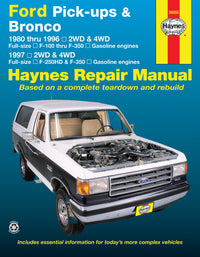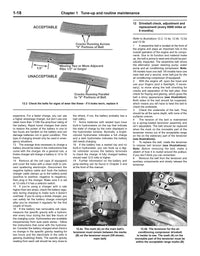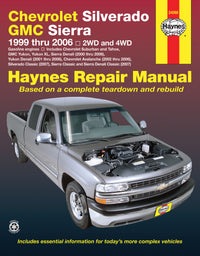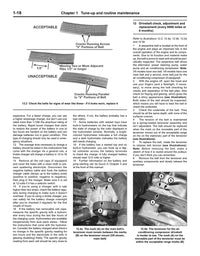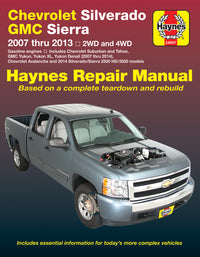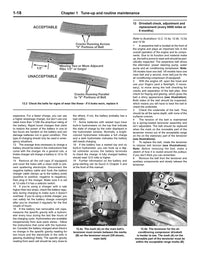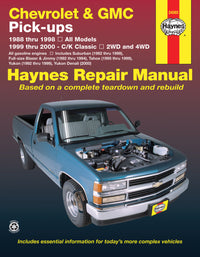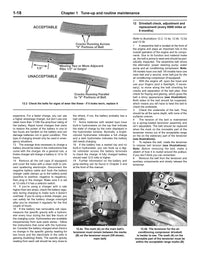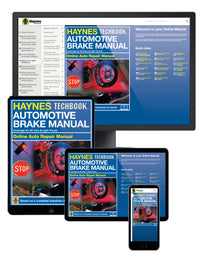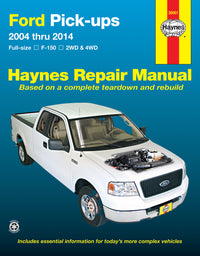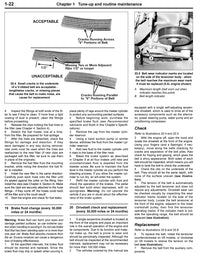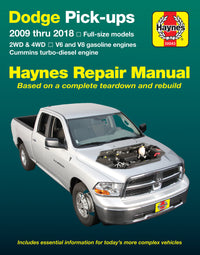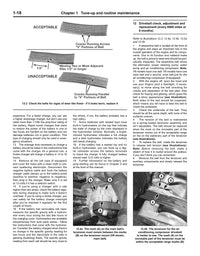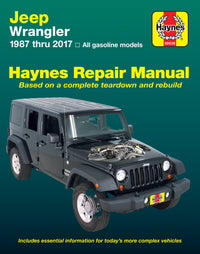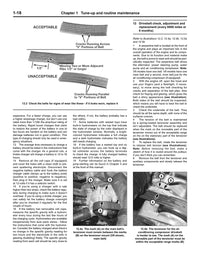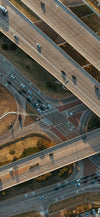Recently stories have been all over the internet, on forums, blogs, social media, and YouTube with alarmist claims about some new law that has just gone into effect in California that makes it illegal to modify the exhaust system on your car. Almost none of them are true. You can still install aftermarket exhaust systems without breaking the law, and if you do get pulled over for your car being loud, contrary to widespread claims, you will not have to pay a $1,000 fine and have to put your car back to 100% stock.
The only thing that changed on January 1st, 2019 in California, as far as exhaust system noise law goes, is that now it is a fine and an order to visit a referee station to have the noise level verified. Previously instead of a fine, you had to pay a filing fee of $25, quiet your car to within the limit, and get an authority to sign off that it had been fixed. Motorcycles have been cited under a fine system since 2013.
The law governing how loud your car can be has not changed and dates back to 2003. That law was actually written and passed with input from SEMA and the aftermarket in an attempt to replace a law that dated back to the 1970s and was vague about how loud your car could be and what modifications were allowed. At the time SEMA Director of Government Affairs Steve McDonald had this to say:

The law that is in place set a standard of 95dB for a car back in 2003, measured about 2 feet from the exhaust tip, approximately 45 degrees diagonally from the tip (not directly in line with it). There is some confusion as to how the test is performed, but the car is basically started, allowed to idle, then revved slowly up to about 3,000 RPM. If you do get a ticket, there are a number of shops in California authorized to be "referee stations" and perform the test to issue a certificate of compliance. If your car is proven to be below 95bD, the ticket will be thrown out, though you will have to pay for the test ($108 according to what we have learned). The referee will just inspect and test for sound compliance, not inspect and judge the entire car for smog violations as well, unless the police also cited you for other obvious violations on the ticket.
As for the fines, they can start as low as $25 and can run to nearly $200, not including the fee you would pay the referee station to test your car for compliance. The entire point of the change in how the citations are administered seems to be to allow the police/courts to fine repeat offenders larger amounts on their second or third or fourth offense. If you had ever gotten a "fix-it" ticket you would have paid $25 to file the paperwork after fixing the violation was, but if you failed to do that you could be on the hook for more than $500 for failure to appear before the court. The new system seems to allow you to pay the fine, have the car tested and fail for excessive noise, just keep driving. This was not the case with an ignored fix-it ticket.
For reference, we downloaded a free dB sound meter for our Android smartphone at the office and tested some of our loudest cars. The fifth generation Camaro ZL1 with aftermarket pipes registered more than 10dB below the legal limit at idle (81dB), and even when revved to a reasonable degree was more than 7dB within the limit (88dB). A Subarun Impreza WRX with aftermarket pipes and mufflers registered louder than the Chevy, but even at 3,000 RPM was never louder than 92dB. If you wish to test your own car, just download an app to your phone, and follow the procedure as listed here - Bob's Muffler.
If you are looking for a more official, in-depth look at the law, from a higher authority than Haynes manuals, here is the official FAQ from SEMA (who helped draft the current legislation). The official outline on referee testing for noise violations can be found on this page.
We have calls in to other people in authority, and we will update this when and if we get more information, but the take away is this: Everything is okay, and there is no reason to start planning a move to Nevada, or sourcing an OEM exhaust system to avoid getting fined.
UPDATE:
We had reached out to everyone from SEMA, to AAA, to the CHP, to exhaust manufacturers to get to the bottom of this issue. Today we heard back from the state Department of Consumer Affairs, Bureau of Auto Repair, who administer the referee program in California. According to them, if ticketed, the referee should only do an inspection and test as it pertains to the exhaust noise, and not look at any other equipment on the car for smog compliance. To quote them directly, "if the citation is solely for exhaust noise, that is all they are inspected for." Here is the email below:


